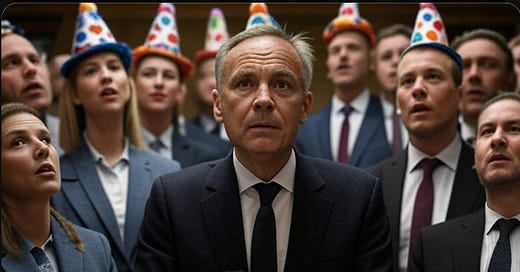Canada’s current crop of journalists appears allergic to the art of a well-crafted question
“I’ve watched an infinitely expanding failure of those in my chosen trade to simply ask the fundamental questions”
Keep reading with a 7-day free trial
Subscribe to The Rewrite to keep reading this post and get 7 days of free access to the full post archives.




